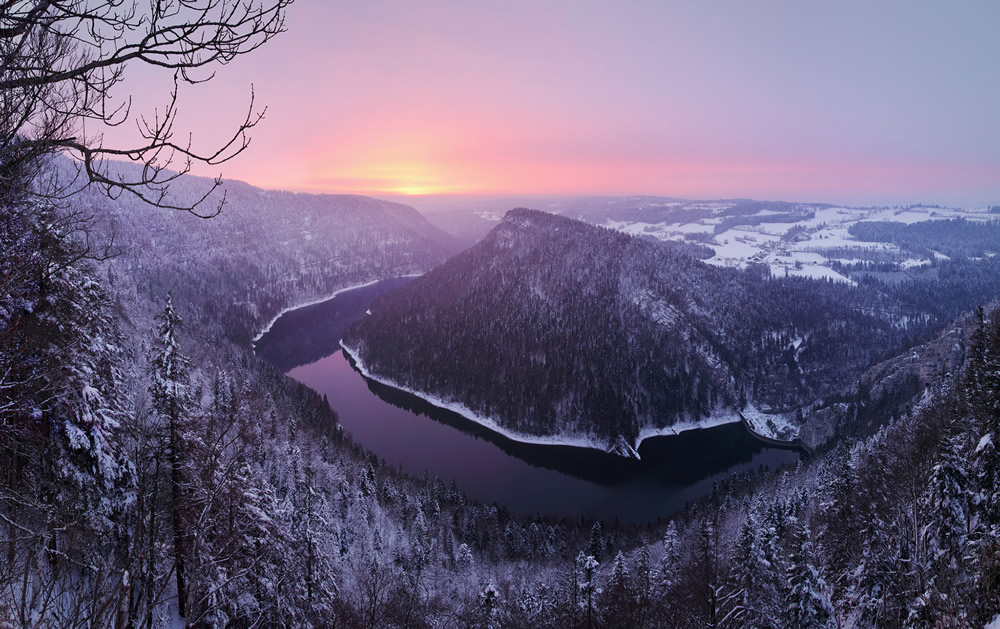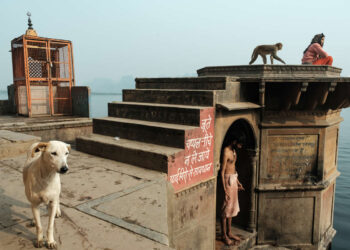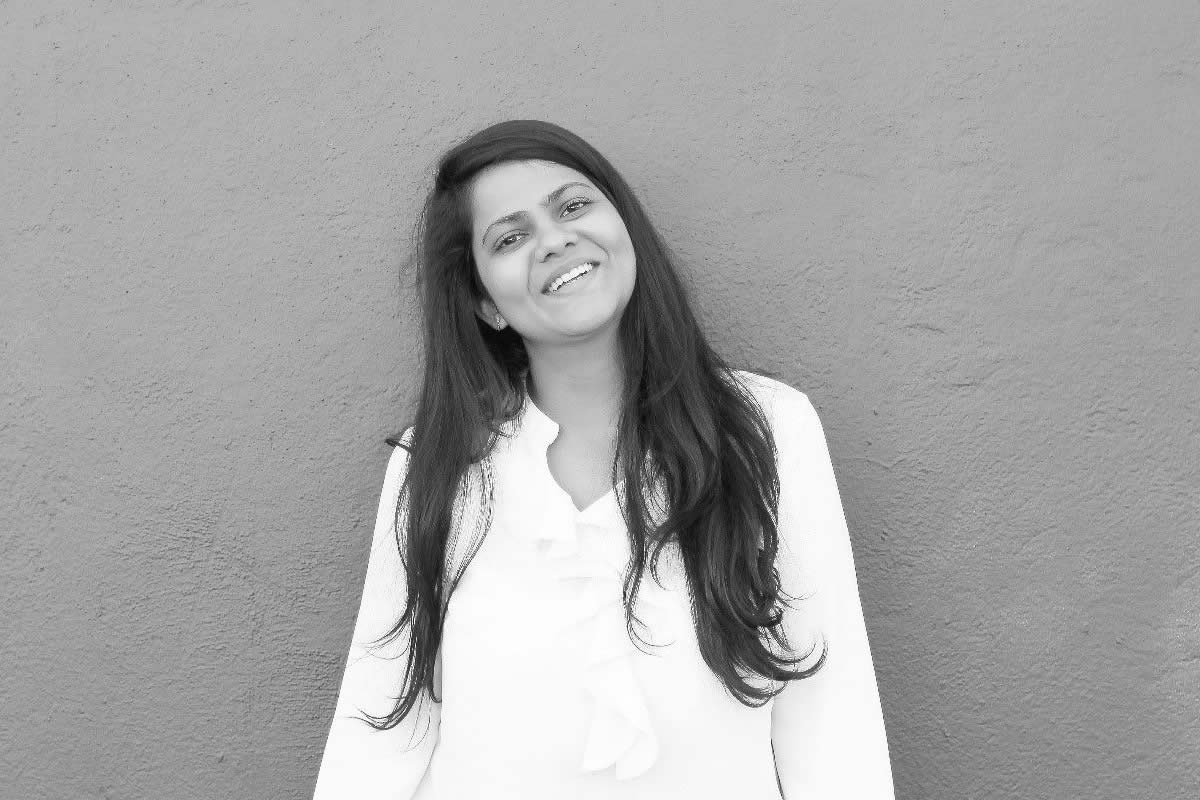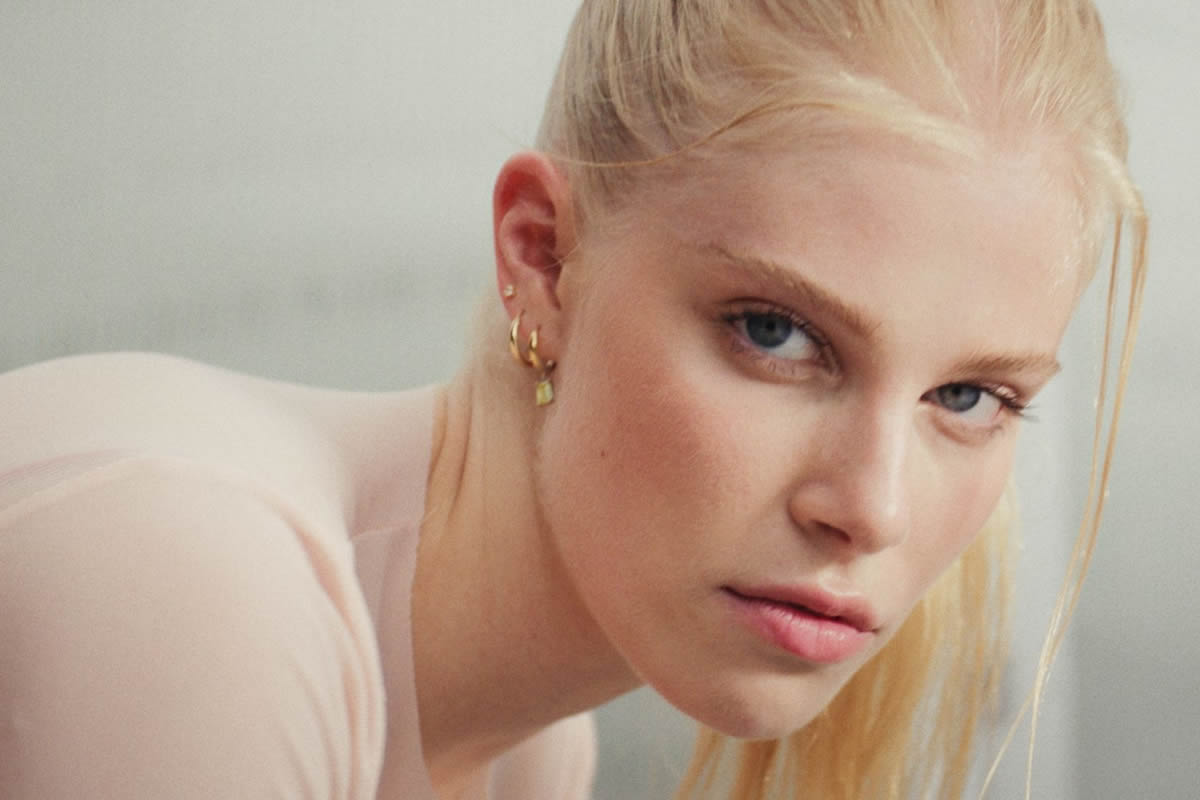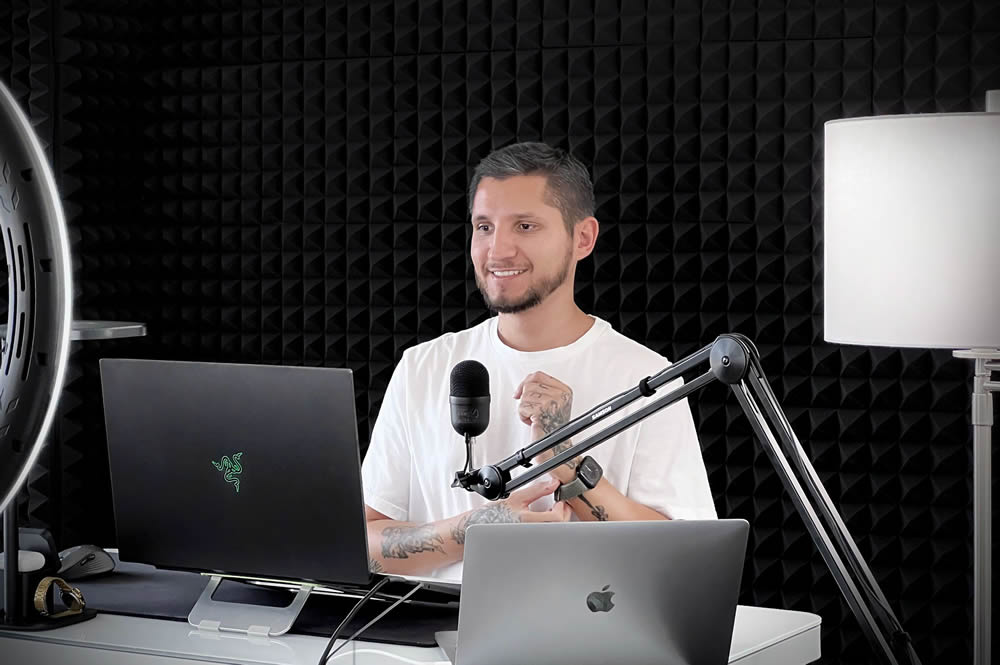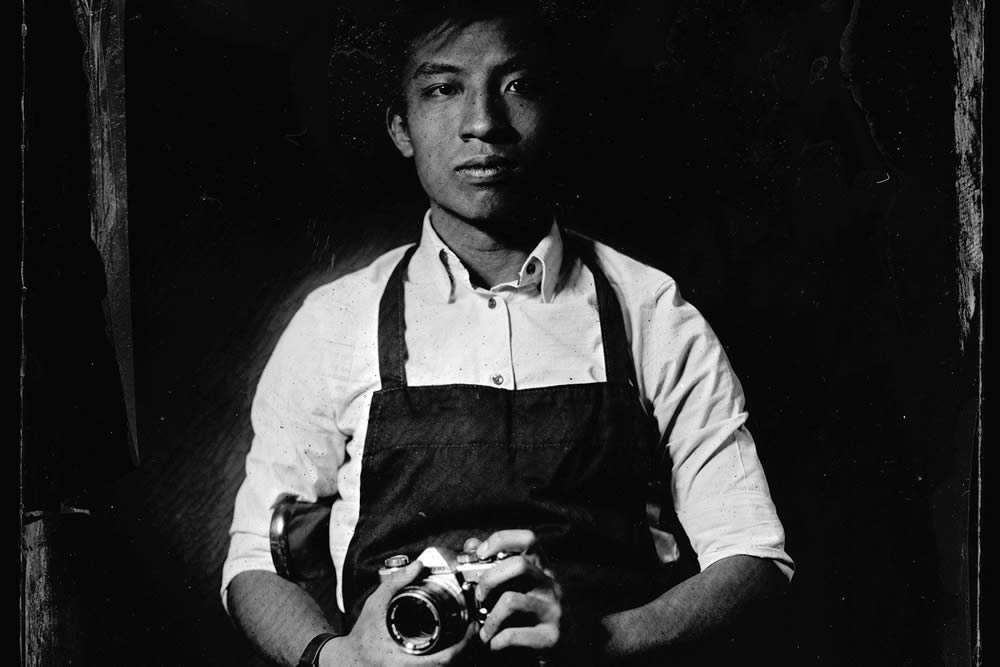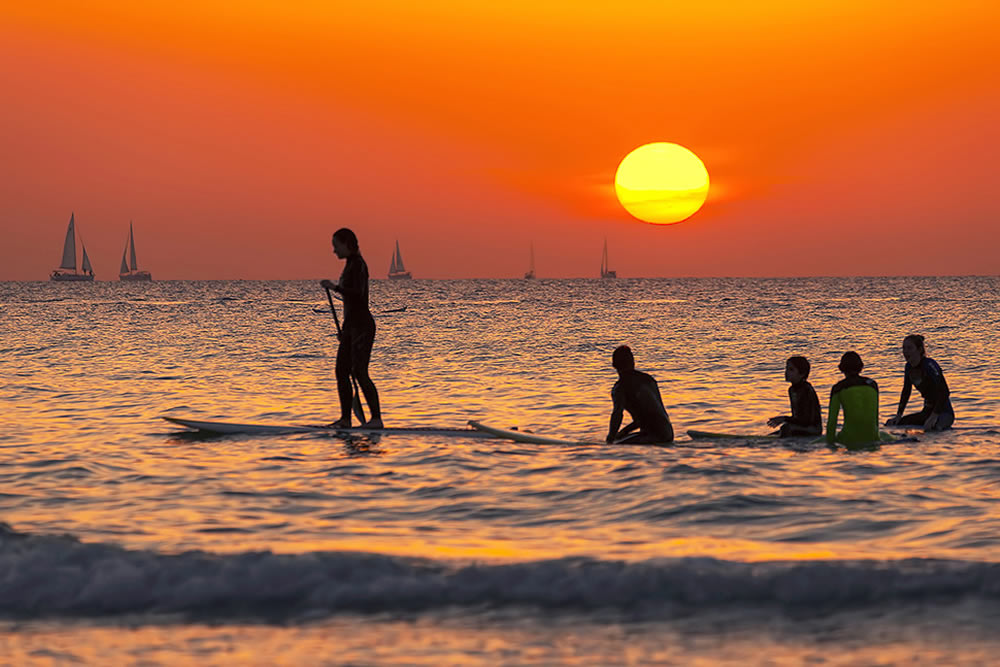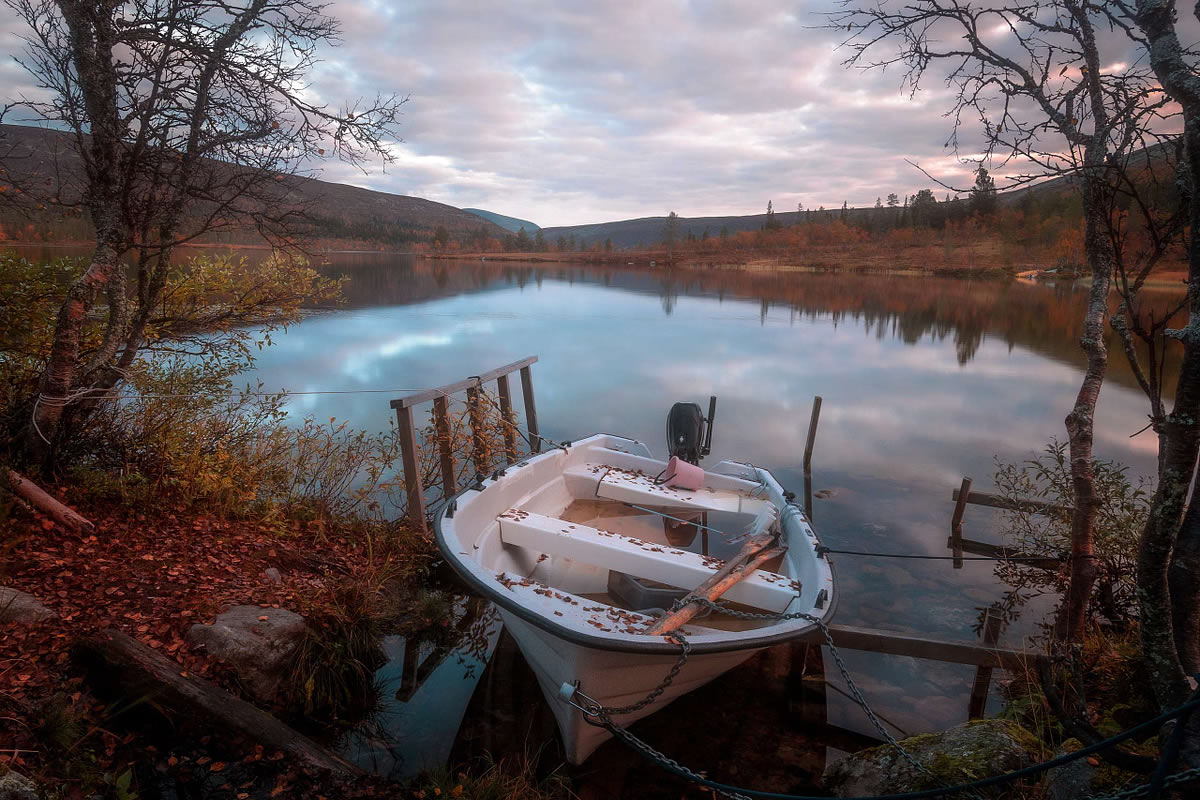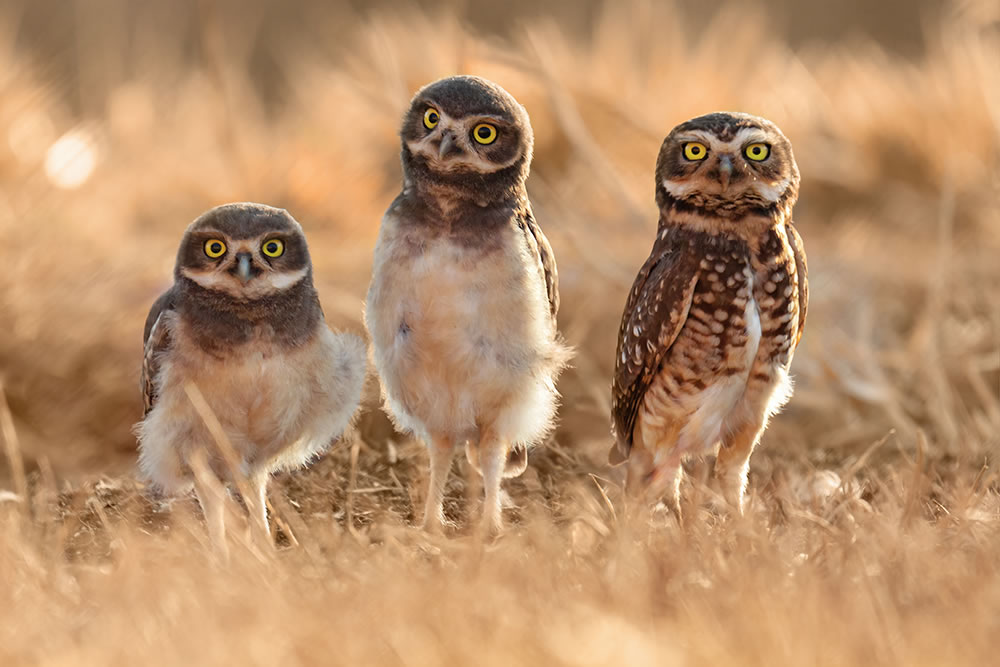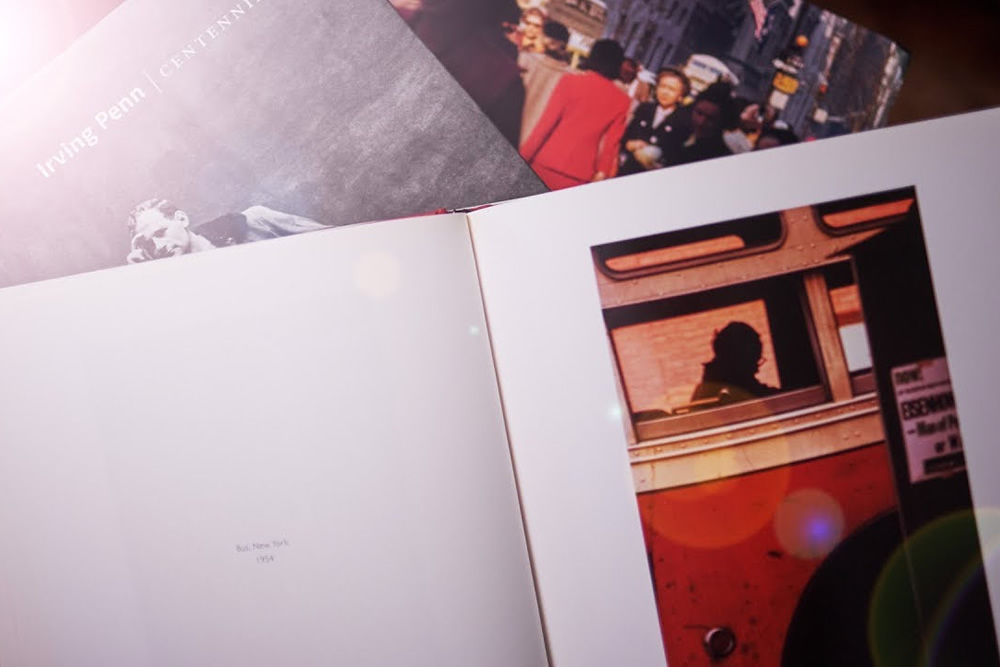Guillaume Kaufmann is a Nature & Macro Photographer from Swiss Jura mountains, Switzerland. As hey says : “photography will be forever related to his grandfather who was a real “gear fanboy” and had a very nice collection of analogue cameras. Unfortunately, he died when I was 6 years old. I took my first shots whit him. Of course, my favorite camera was a Polaroid 600: when you are a child, waiting for weeks to see your pictures is almost the same thing than waiting for years … I called this camera the “photo-tout-de-suite”. I still have it and love it …”
Thanks, Guillaume Kaufmann, for accepting our invitation. Please read on…
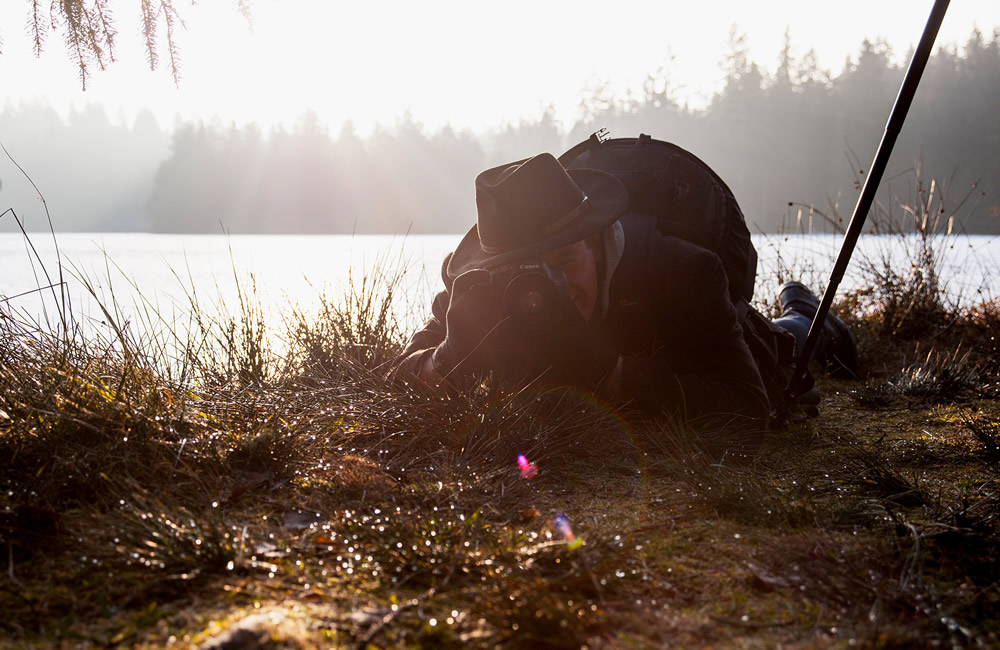
Could you please introduce yourself?
My name is Guillaume Kaufmann. I am a Swiss scholar who happens to practice photography in my spare time. I live in the Swiss Jura mountains.
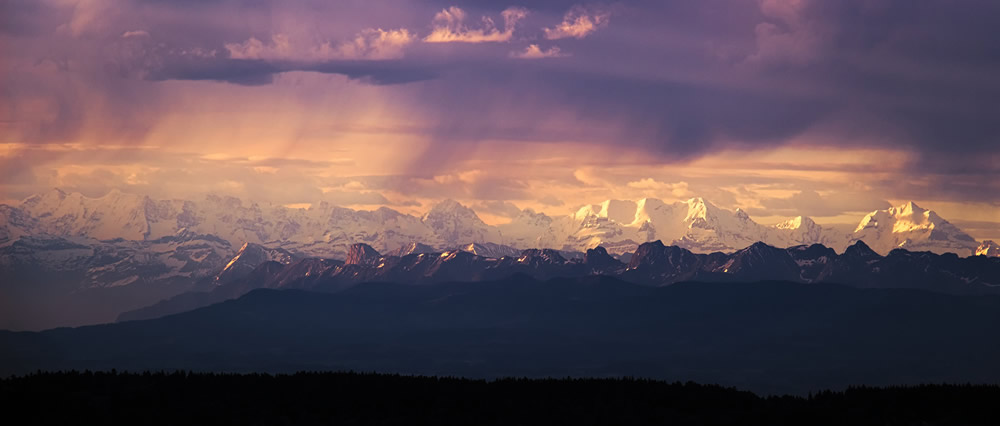
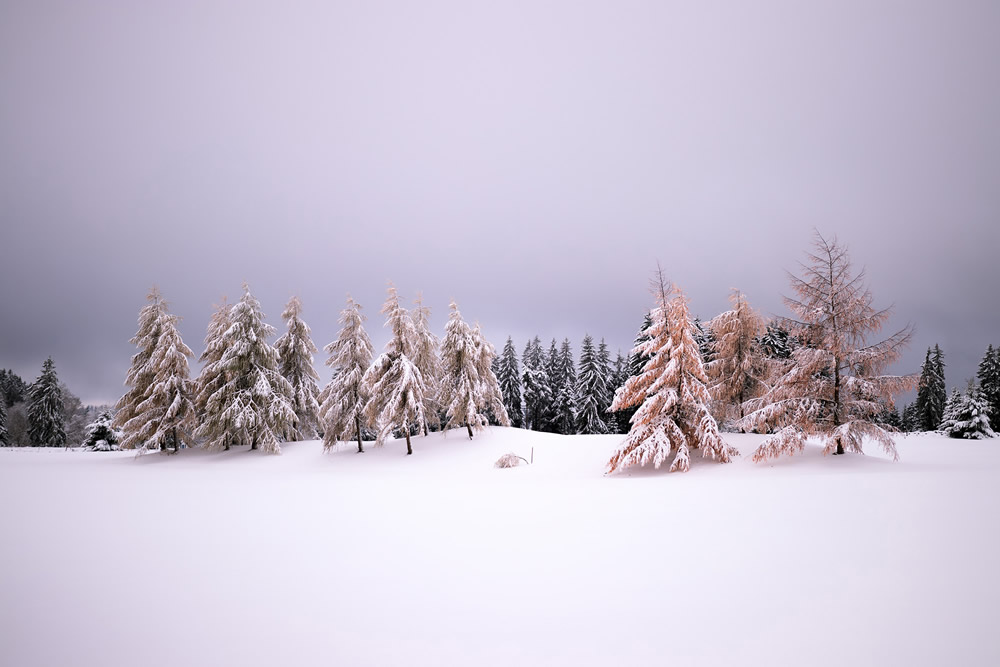
How did Photography happen to you?
I was introduced to photography by my grandfather who was a real gear fanboy and had a very nice collection of film cameras. Unfortunately, he died when I was a little boy. At that time, I was already obsessed with the kind of picture I take today: macros and especially mushrooms. However, I dropped photography at the beginning of the digital age.
In the meanwhile, I developed a kind of suspicion towards photography: as a teenager, I thought that taking pictures prevented people from living the moment. It was the beginning of the smartphone era, and people went really crazy. So, when my girlfriend and I left home for our first big trip around the world, I didn’t consider taking a camera with me at all. Fortunately, she had a compact Sony camera on which I rediscovered some sensations I hadn’t felt since childhood.
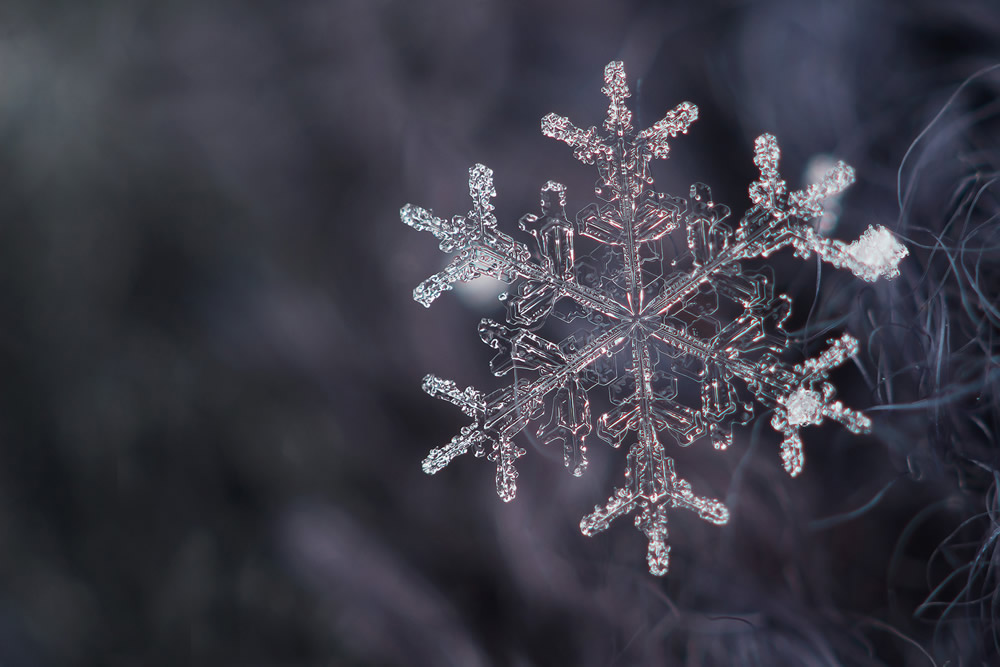
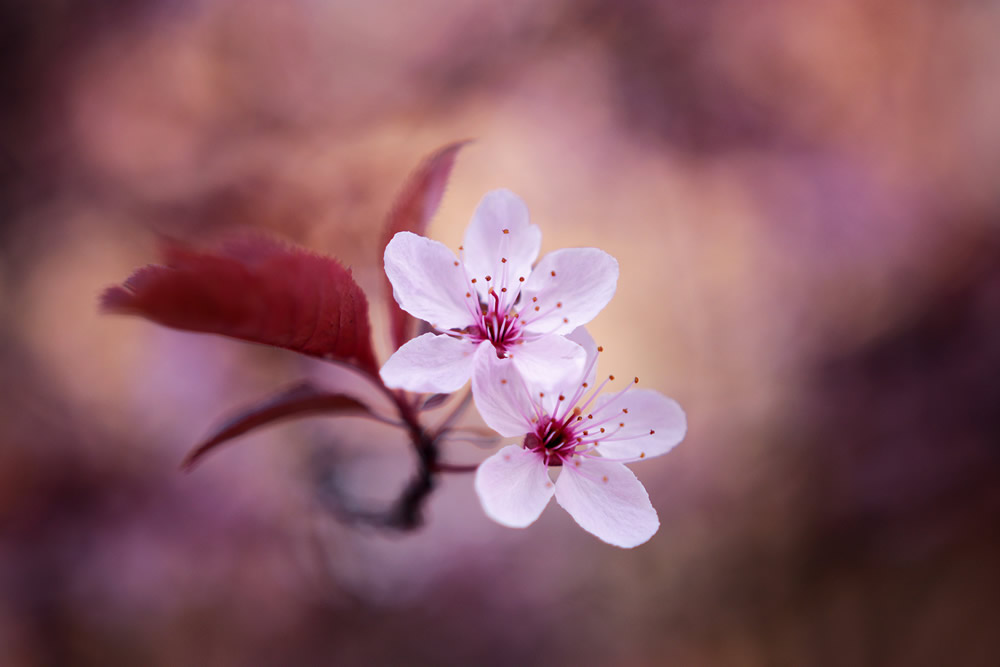
When did you get fascinated by nature photography?
I remember exactly the place and moment when I understood that it was time to change my mind. It was during a sunset in Badlands National Park (South Dakota, US). It was so breathtaking that I thought it would be disrespectful not even trying to capture something for our loved ones who stayed back home. It was an attempt to live up to the beauty of the place and the moment. I kept the camera in my pocket for the whole trip then.
When I came back home, I just went to the forest as I did when I was a child. Then I did landscapes, proxi-macro and “real macro” with snowflakes. My question was: I envy photographers from all around the world for so many things (living by the sea, in the desert, in a really big city and so on), what do I have that they could envy? The answer was: some pretty nice snow!
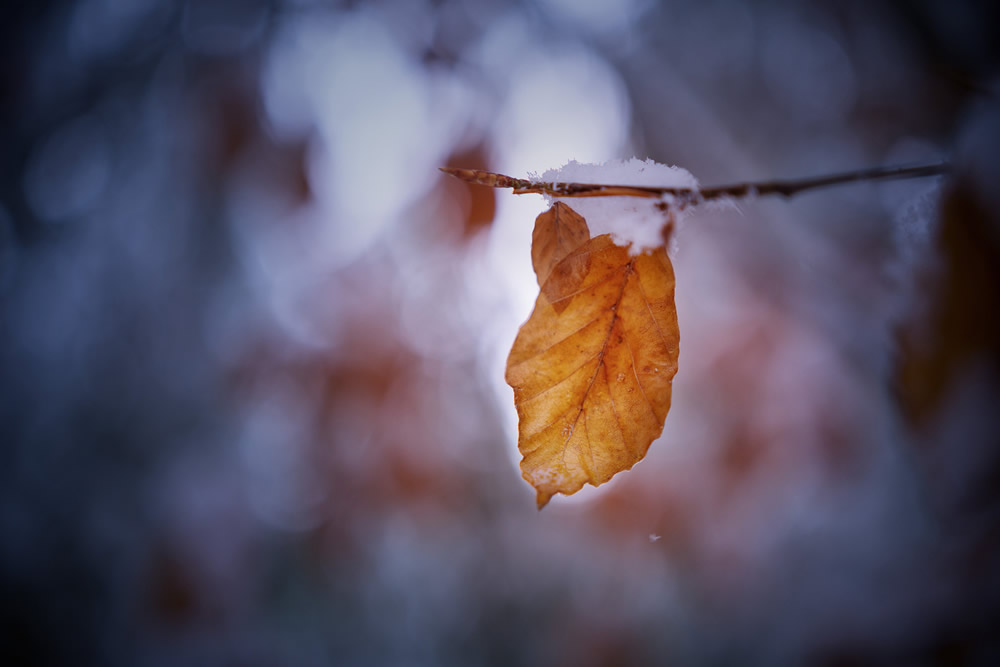

What were the biggest mistakes you made when you first started out as a nature photographer?
There’s one thing that I discovered quite soon and that could be a good answer: you can’t take good pictures if you are not ready to wake up early, to get cold, wet or dirty, to risk your gear or to get off the beaten tracks. Comfort won’t give you satisfactory results (and this is true not only for photography). It’s also very important to take weather and light conditions into account: even the best-looking location may look boring in a flat midday light, the magic comes from extraordinary lights. It’s good to explore many locations, but it’s far more important to know the different times of a day or of a season.
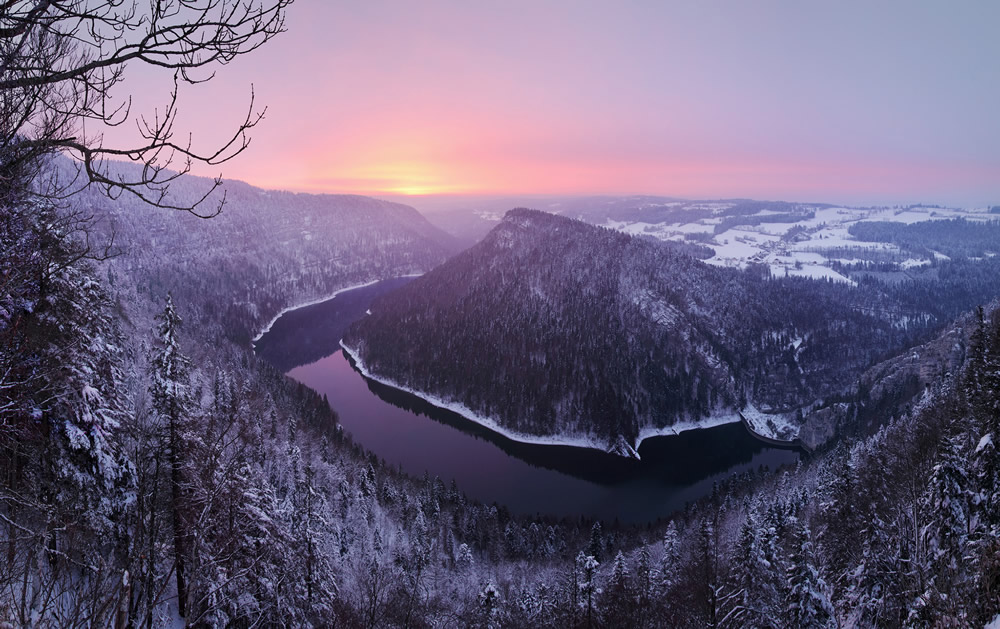
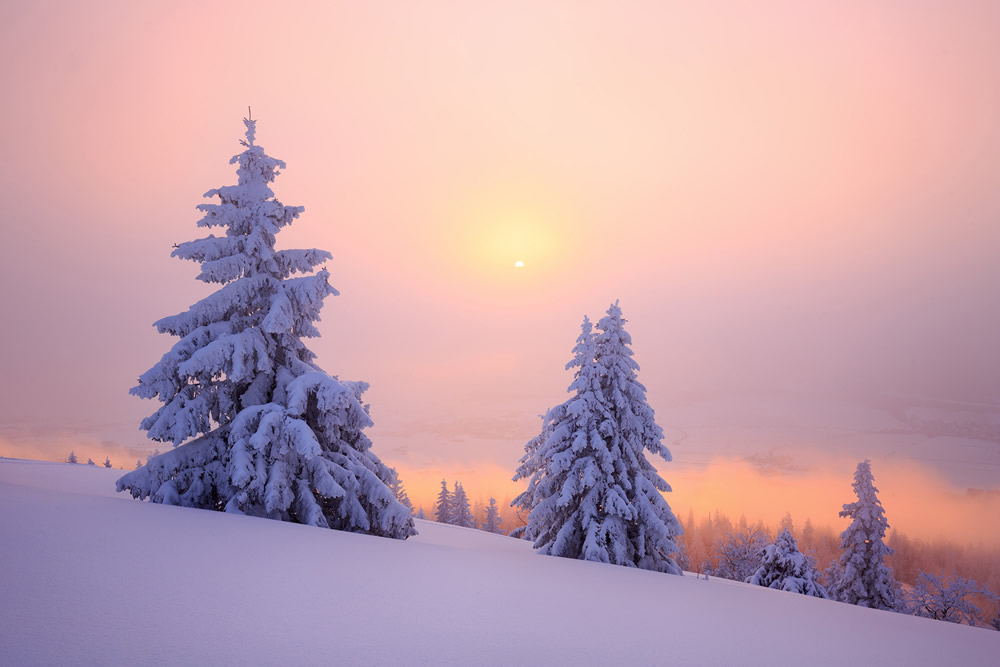
What has been your favorite photo locations?
There are so many of them! If I had to pick some of the craziest locations I have seen, I would say Zhangjiajie National Park in China or Uyuni Salar and Lipez Lagunas in Bolivia. My pilgrim place is the “Creux-du-Van” in Switzerland. I can’t spend a summer without going there at least once at sunrise: it’s like witnessing to the creation of the world.
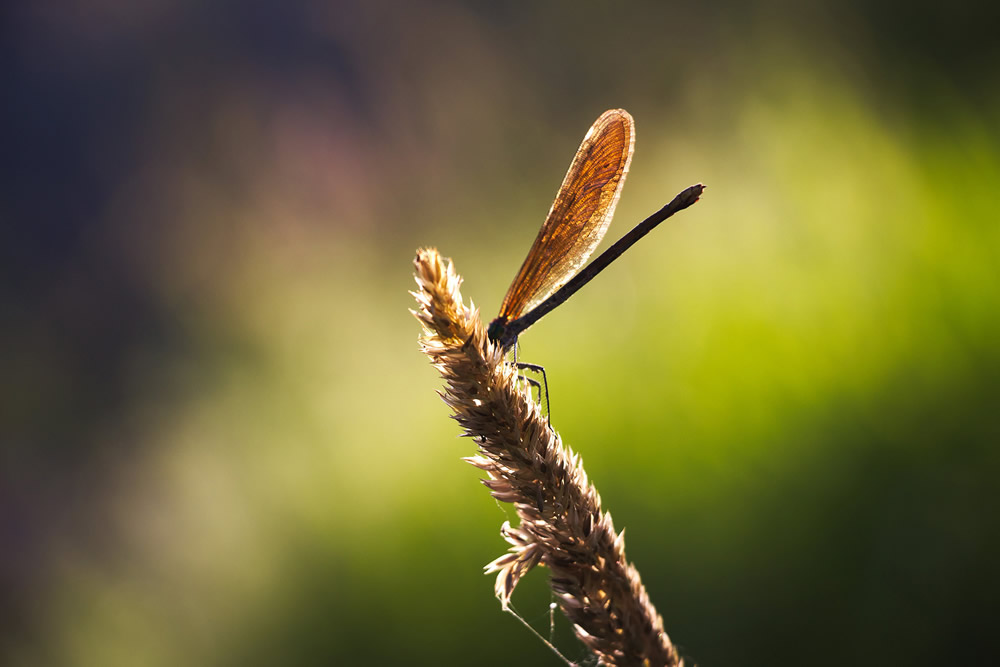
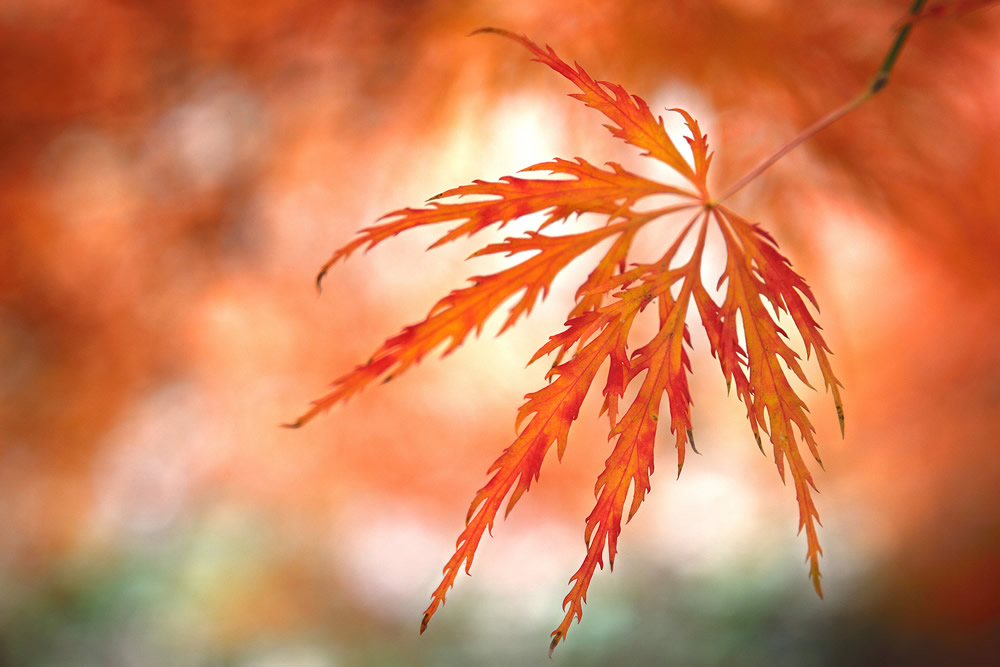
What is the best compliment you received so far?
Some guys told me I can have an interview with 121clicks.com ;) ! Sincerely, like good jokes, I appreciate compliments but I forget them fast. As time goes, I tend to be more thankful to sincere critics than compliments: they always hurt a little but they are more efficient in making you better.
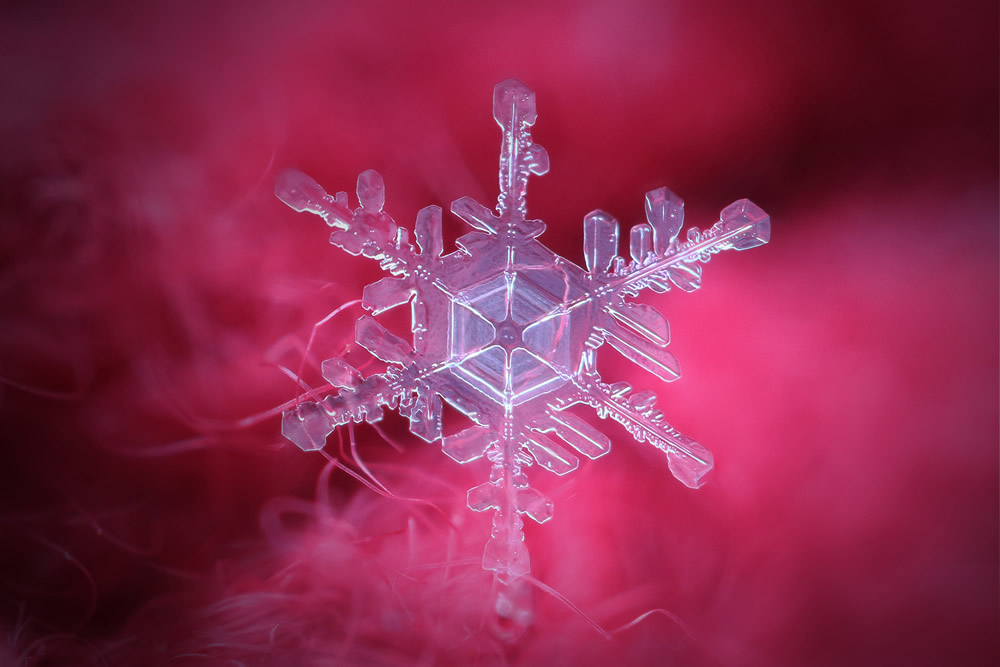
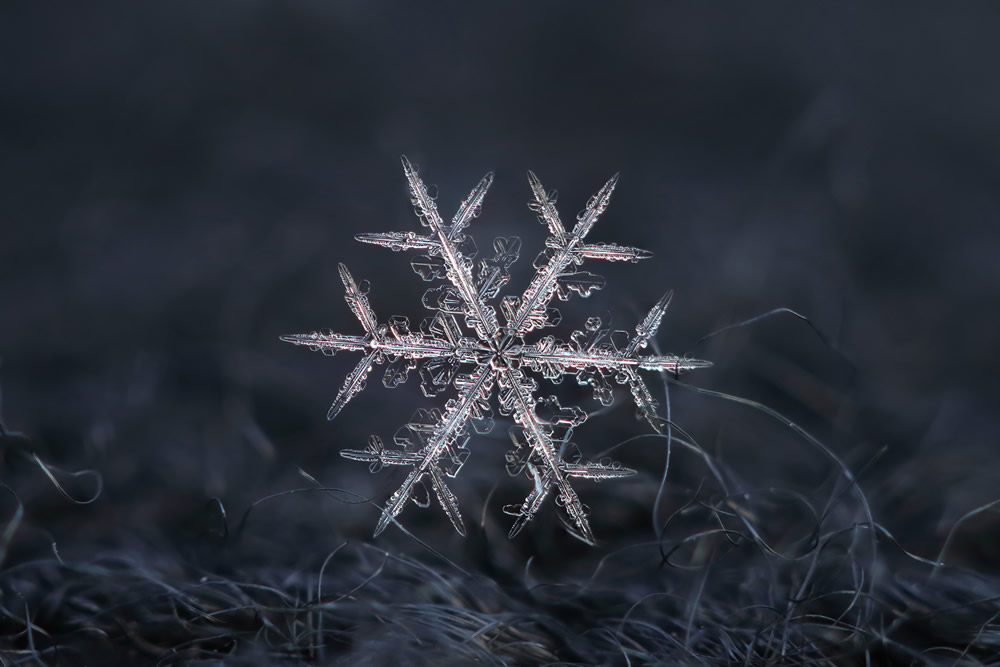
Who are you when no one is looking at you?
I don’t think I am that much different. Most of the time no one is looking at me (and I like it that way). I like the solitary dimension of nature photography: I am not sure I could have the same pleasure with a lot of people around. Being alone in nature, especially in the middle of the night, is a very intense sensation. Almost all of my pictures were taken when no one was looking at me.
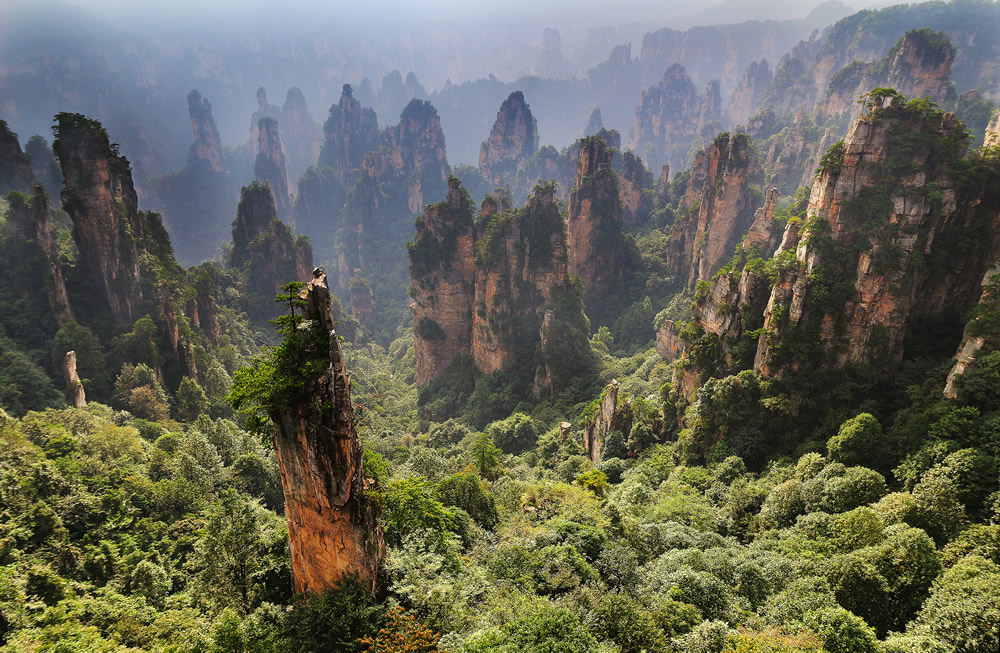
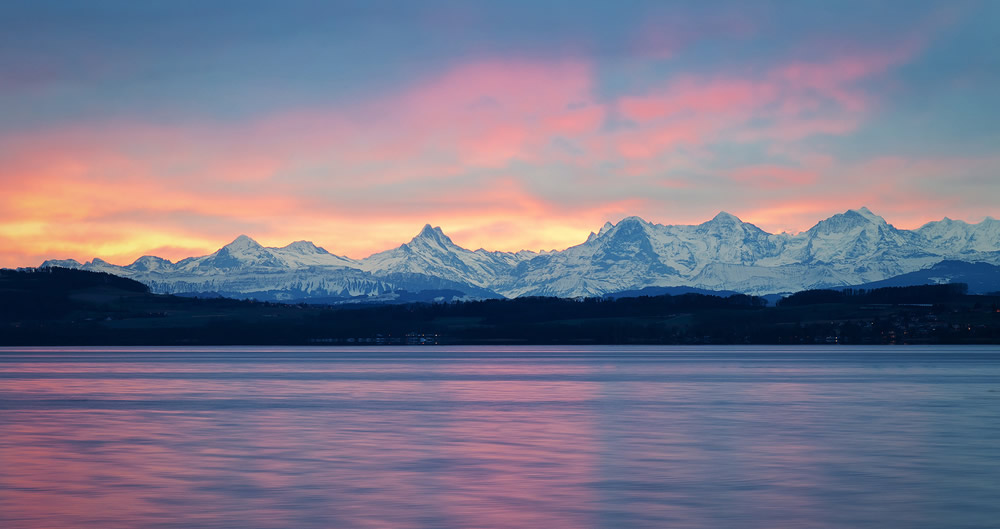
Which photographers have inspired you?
On the Internet, it is difficult to identify influences with precision. However, the master of snowflake photography is Alex Kljatov and I would be quite unfair not to mention him.
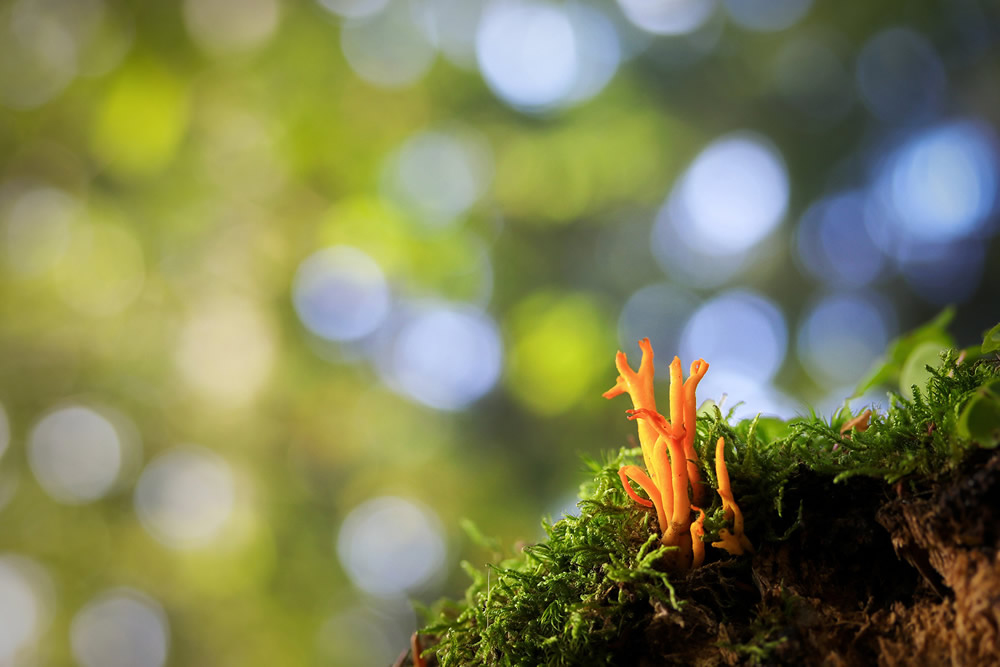
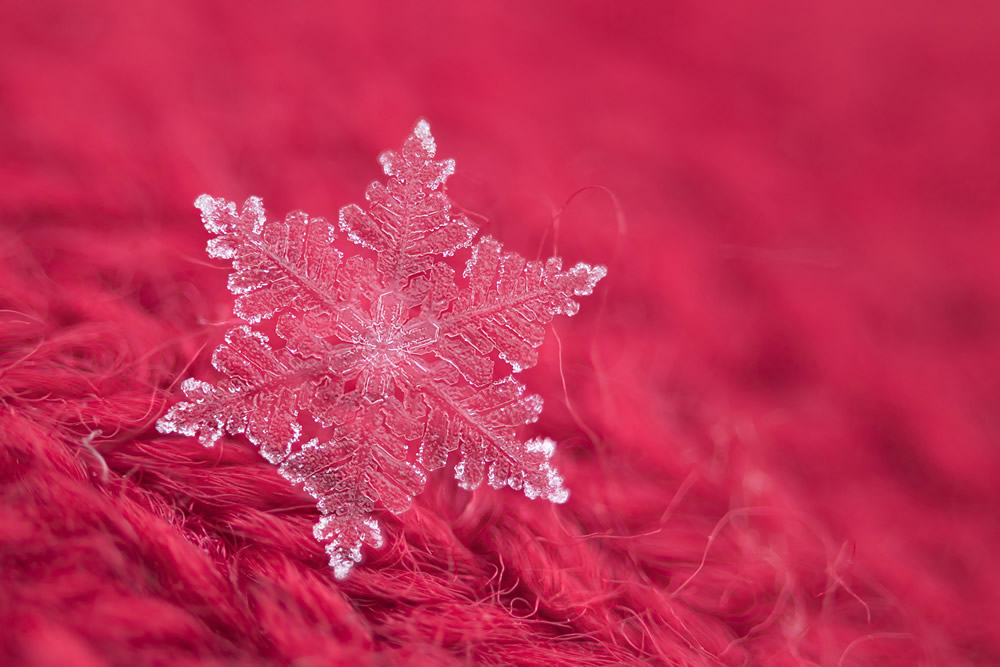
What camera do you use the majority of the time?
A Canon 80D and a Canon 5D Mark III.
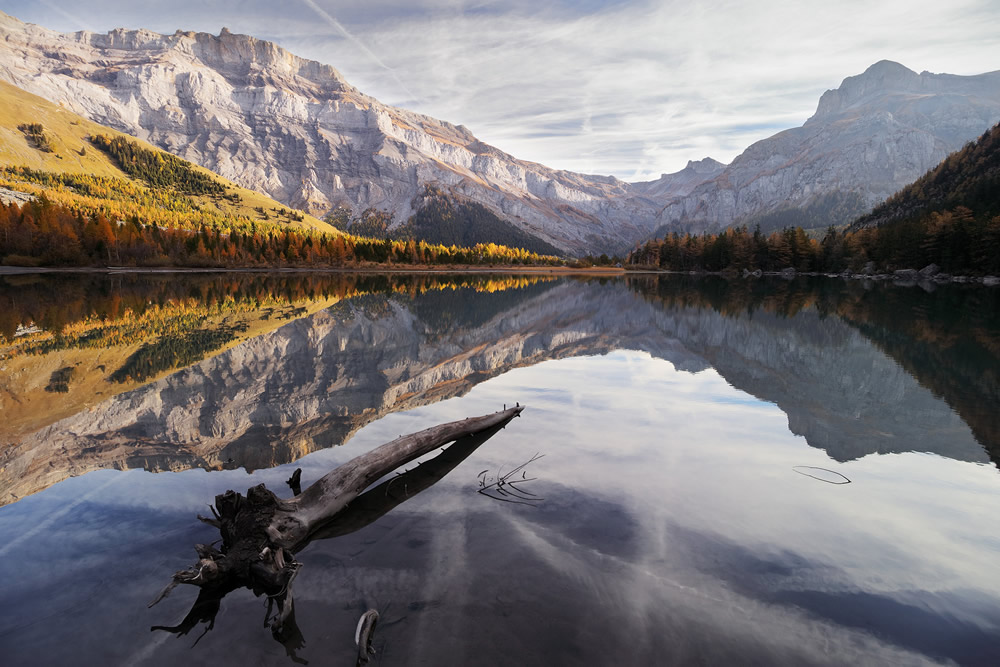
Any favorite photography books?
I have to confess that I don’t read as many photography books as I should. However, there’s a book I come back to from time to time: Jura aux Origines (2005) of Florent Cardinaux. It’s an impressive film work taken with big argentic camera obscura. It reminds me of all that remains for me to achieve in terms of excellence and simplicity. It shows me my homeland in an exotic way. I wish I could once capture the soul of a place like that.

Favorite Music?
Here again, there are so many. Leonard Cohen is quite high on my top list. I also have a lot of affection for the Belgian singer Julos Beaucarne. I have been listening for Johnny Clegg and Loreena McKennitt all my life.
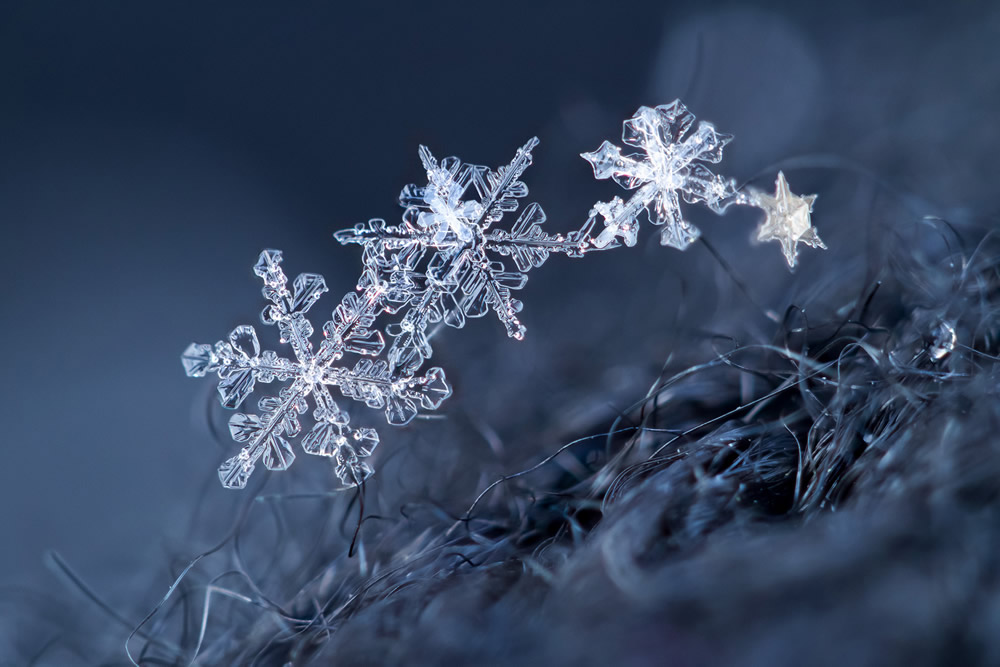
What’s your personal motto?
Regarding photography: “Beauty walks on the Razor’s Edge” (Bob Dylan).
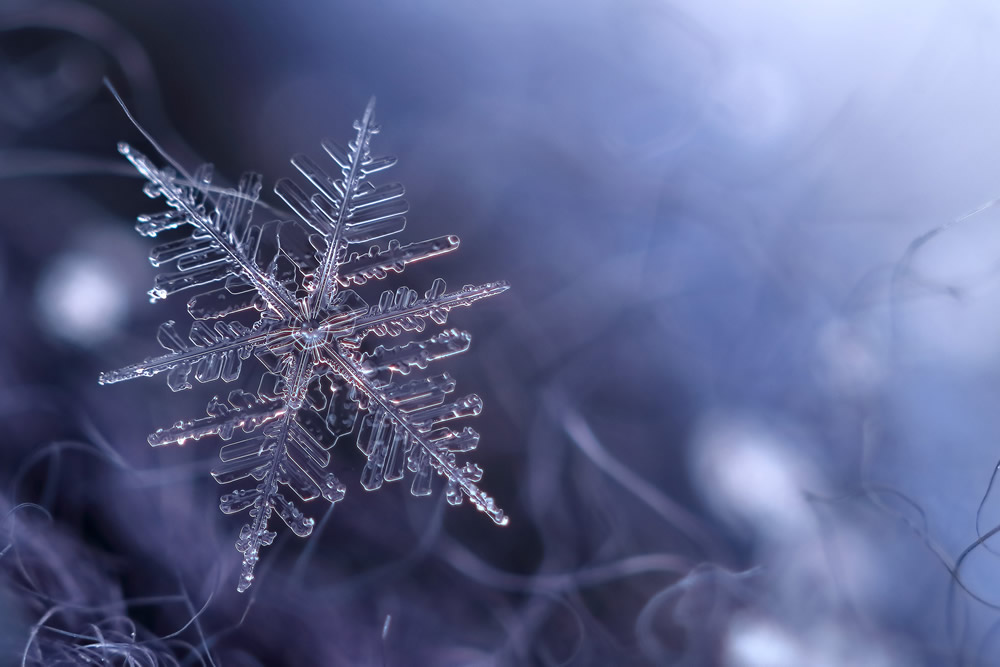
Who is your real life heroes?
There’s a street theater festival every summer in my hometown. Most of the artists performing there are completely unknown. If they are not good enough, people in the audience do not hesitate to leave without letting a penny. The shows are free and the only money artists get comes from what people willingly give at the end.
This kind of festival is the exact opposite of any kind of “star system” you can imagine. However, these people are working hard every single day and provide shows that are far superior – in terms of poetry, creativity, originality, elegance, courage, emotions – to most of the thousands-of-dollar productions you see in a regular theater. These artists are not looking for fame: they are just fighting to make a living and do what they feel right to do. Spending a week near such admirable people can restore your faith in humanity. This is the kind of heroes I believe in.
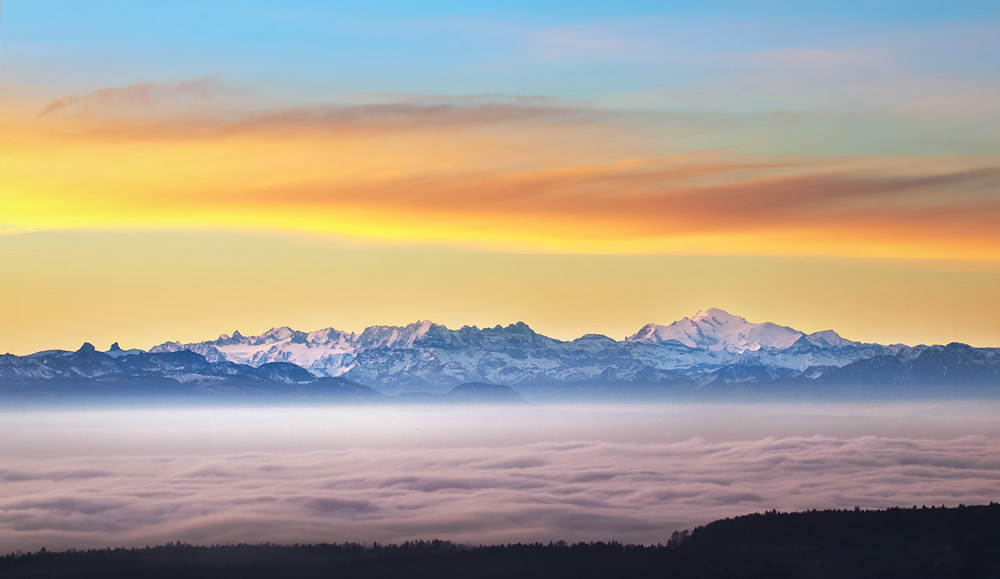
What is Love?
Love is letting some of the most important parts of your life in someone else’s hands while having most important parts of other people in yours. It’s the will of not being the only one to live your own life.
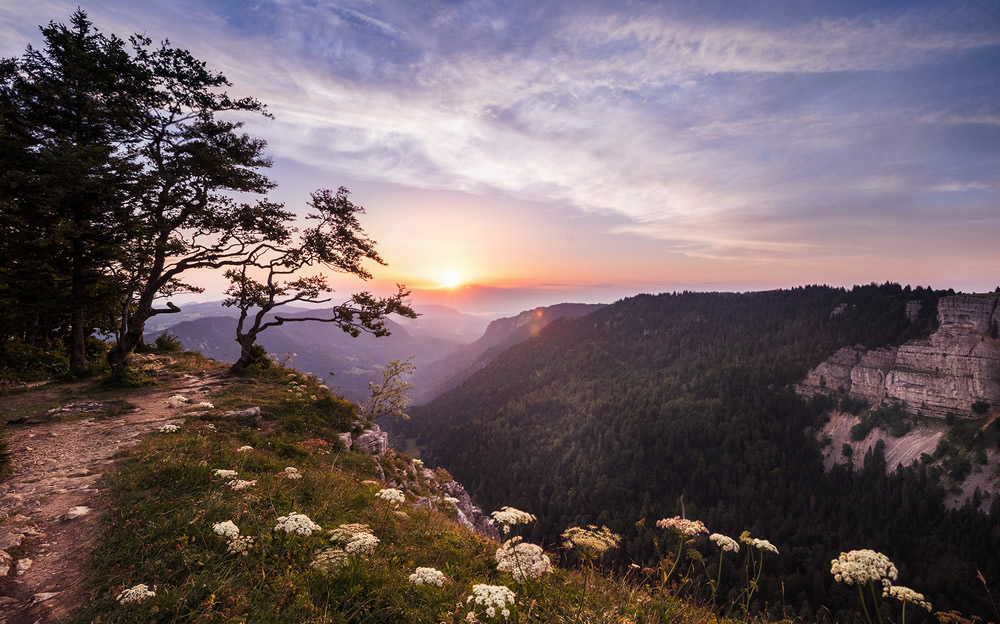
Apart from photography, tell me about your hobbies and interests?
I am an amateur beekeeper since I am 12 years old. It’s a good passion because it’s intense only a third of the year, and it lets you alone in winter. Watching bees coming and going hypnotizes me. Besides that, I read as much as I can.
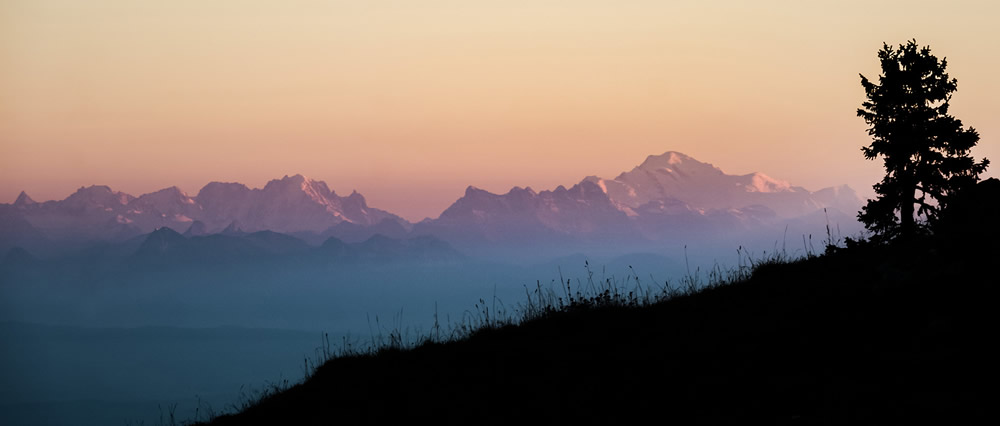
Thanks again for providing 121 Clicks with this opportunity to interview you. Any final thoughts for our readers?
Thank you 121 Clicks for inviting me to my first photography interview. I hope you and your readers will find interest in my simple attempts to be connected to the world around me.
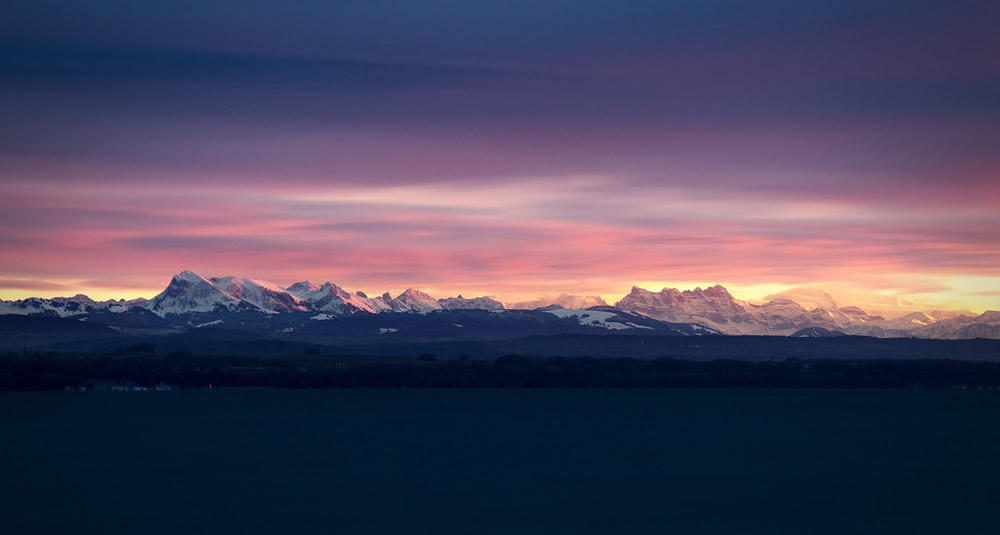
You can find Guillaume Kaufmann on the Web:
Copyrights:
All the pictures in this post are copyrighted Guillaume Kaufmann. Their reproduction, even in part, is forbidden without the explicit approval of the rightful owners.

